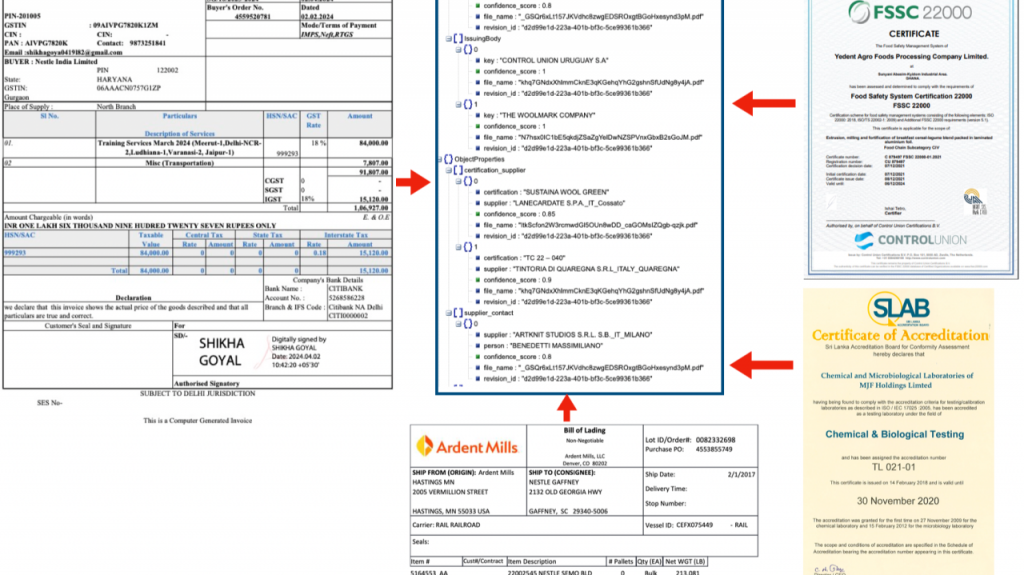It starts with a simple question at the grocery store: Should I buy the almond milk or stick with dairy? For millions of people, this moment represents a much bigger choice about how they want to eat, live, and impact the world around them. The plant-based movement has exploded in recent years, but within this green revolution lies a crucial distinction that often gets blurred—the difference between being vegan and following a plant-based diet.
While both paths lead away from animal products, they spring from very different motivations and lead to different destinations. One is a dietary choice focused on health and sustainability; the other is a comprehensive ethical stance that extends far beyond the dinner plate. Understanding this distinction isn’t just about semantics—it’s about finding the path that truly aligns with your values and lifestyle.
It starts with a simple question at the grocery store: “Should I buy the almon milk or stick with dairy.”

The heart of the matter: ethics versus health
The fundamental difference between veganism and plant-based eating comes down to motivation. Veganism began as an ethical movement when Donald Watson coined the term in 1944, establishing The Vegan Society with a clear mission: to exclude all forms of animal exploitation. For vegans, it’s not just about what’s on their plate—it’s about a consistent ethical stance that extends to clothing. cosmetics, entertainment, and every aspect of life.
Plant-based eating, meanwhile, emerged from the health and nutrition world. Popularized by researchers like Dr. T. Colin Campbell through studies like The China Study, this approach focuses on the remarkable health benefits of centering your diet around whole plant foods. While many plant-based eaters care about animals and the environment, their primary driver is often personal wellness—reducing heart disease risk, managing weight, or boosting energy levels.
Where the rubber meets the road: practical differences
These philosophical differences translate into very practical distinctions in daily life. A vegan will carefully read labels not just for food but for everything from shoes to shampoo, avoiding leather, wool, silk, and animal-tested products. They might decline invitations to zoos or circuses and choose plant-based alternatives for every aspect of their consumption.
Someone following a plant-based diet, however, might still wear leather shoes or use conventional cosmetics while focusing their dietary choices on vegetables, fruits, grains, and legumes. The flexibility of plant-based eating appeals to many who want the health benefits without the comprehensive lifestyle commitment. This distinction explains why you might meet someone who eats ‘plant-based’ but isn’t technically vegan—they’ve chosen a dietary path rather than an ethical philosophy.
The surprising health benefits they share
Both paths offer impressive health advantages that have been validated by extensive research. Studies consistently show that well-planned vegan and plant-based diets are associated with lower risk of heart disease, type 2 diabetes, and certain cancers. The Adventist Health Studies, which followed thousands of participants for decades, found that vegetarians and vegans had significantly lower rates of chronic diseases and lived longer, healthier lives.
The key to these benefits lies in what these diets include-abundant fiber, antioxidants, and phytochemicals from whole plant foods—and what they exclude, namely the saturated fats and cholesterol common in animal products. However, it’s important to note that not all plant-based diets are created equal. A diet of vegan junk food won’t deliver the same benefits as one centered around whole foods like vegetables, fruits, legumes, and whole grains.
The environmental impact: a shared victory
Whether driven by ethics or health, both vegan and plant-based diets make a significant positive impact on our planet. The research is staggering animal agriculture accounts for nearly 60% of food-related greenhouse gas emissions while providing only 18% of global calories. A comprehensive study published in Science found that producing a kilogram of tofu.
The environmental benefits extend beyond carbon emissions. Livestock farming uses 83% of the world’s farmland while producing only 18% of our calories. By shifting toward plant-centered diets, we could free up vast areas of land for reforestation and biodiversity conservation. The water savings are equally dramatic producing a kilogram of beef requires over 15,000 liters of water, compared to just over 1,000 liters for lentils.
Navigating the challenges together
Both paths come with their own learning curves and social considerations. Nutritionally, the most critical consideration is vitamin B12, which is naturally found almost exclusively in animal products. Both vegans and those following strict plant-based diets need to ensure they’re getting adequate B12 through fortified foods or supplements.
Socially, both approaches can present challenges when dining out or attending gatherings, through the landscape is rapidly improving. The explosion of plant-based options in restaurants and supermarkets has made both lifestyles more accessible than ever before. The key is planning, communicating clearly with hosts, and focusing on the abundance of delicious options rather than perceived restrictions.

Finding your path forward
The beauty of today’s plant-based landscape is that there’s room for everyone. Some people start with plant-based eating for health reasons, and gradually embrace the ethical dimensions of veganism. Others maintain a flexible plant-based approach-reducing but not eliminating animal products-has become a powerful bridge for many people exploring these options.
What matters most is finding an approach that feels sustainable and authentic to you. Whether you’re motivated by animal welfare, personal health, environmental concerns, or some combination of all three, every plant-forward meal represents a step toward a more conscious way of living.

Conclusion
As we stand at this nutritional crossroads, it’s clear that both veganism and plant-based eating offer meaningful paths forward. The choice between them isn’t about which is ‘better’ but about which better aligns with your values, your health goals, and your vision for which path you choose, you’re joining a growing movement of people who are rethinking their relationship with food—not as a restriction, but as an opportunity to nourish ourselves, protect animals, and heal our planet, one meal at a time.
References
- The Vegan Society: Definition of veganism
- [Campbell, T. C., & Campbell, T. M. (2025). The China Study: The Most Comprehensive Study of Nutrition Ever Conducted and the Starting Implications for Diet, Weight Loss, and Long-Term Health. BenBella Books.]
- Poore, J., & Nemecek, T. (2018). Reducing food’s environmental impacts through producers and consumers. Science, 360(6392), 987-992.
- Dinu, M., Abbate, G., Gensini, G. F., Cansini, A., & Sofi, F.(2017). Vegetarian, vegan diets and multiple health outcomes: A systematic review with meta-analysis of observational studies. Critical Reviews in Food Science and Nutrition, 57(17), 3640-3649.
- Willett, W., Rockstrom, J., Loken, B., et al. (2019). Food in the Anthropocene: the EAT-Lancet Commission on healthy diets from sustainable food systems. The Lancet, 393(10170), 447-492.31788-4)
- Veganuary. (2023). Record-breaking 700,000 people took part in Veganuary 2023
- Plant Based Foods Association & SPINS. (2021). US Retail Plant-Based Food Market Hits All-Time High of $7 Billion.
- Bloomberg Intelligence. (2021). Plant-Based Foods to Hit $162 Billion in Next Decade.
- Mekonnen, M. M., & Hoekstra, A. Y. (2010). The green, blue and grey water footprint of crops and derived crop products. Hydrology and Earth System Sciences. 14(7), 1259-1281
- [Singer, P. (1975). Animal Liberation: A New Ethics for Our Treatment of Animals. HarperCollins.]




About The Author: Imandi
More posts by Imandi